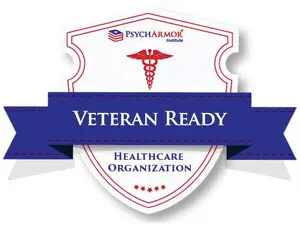Misconception in Connecticut
There’s a certain mentality going around that prescription medications are less lethal than a drug you would purchase on a street corner. The fact that the drug was from a pharmacy and not from a street corner has people under the misconception that it’s somehow safer. In more recent reports sadly prescription medications especially pain killers have been more fatal, leading to more accidental overdoses that both heroin and cocaine combined. A report released by the Trust for America’s Health shows that drug overdose deaths jumped 12 percent in Connecticut between 1999 and 2010. Mostly all of these deaths were from a prescribed drug. About 50 Americans die from prescription painkiller overdoses each day, and the medications are responsible for more than 16,000 deaths and 475,000 emergency department visits a year.
Sadly, the people who get prescribed these drugs, most popular Percocet and opiates in that family have a legitimate reason for why they need to be prescribed them. They don’t know that this prescription they are taking could lead to a potential out of control addiction. Connecticut is recognizing the issue and is one of the first states to participate in finding a national effort to develop successful ways to decrease the number of prescribed drug fatalities. One of the ways they have demonstrated putting their ideas to use is having proper drug take-back boxes at police departments. This gives individuals a safe and secure location to take any medications that are lying around their house that they no longer need to ensure no abuse or misuse of the prescription can occur.
Another successful tool that has developed is a prescription monitoring system. It is a program collects prescription data for certain drugs into a central database, which can be accessed by doctors and pharmacists. Ideally, health professionals could use this information to determine whether a patient’s use of certain drugs is suspicious.
If you would like some information from Seabrook about our mission to a healthier you please call (888) 223-0298 or check out www.seabrook.org.



